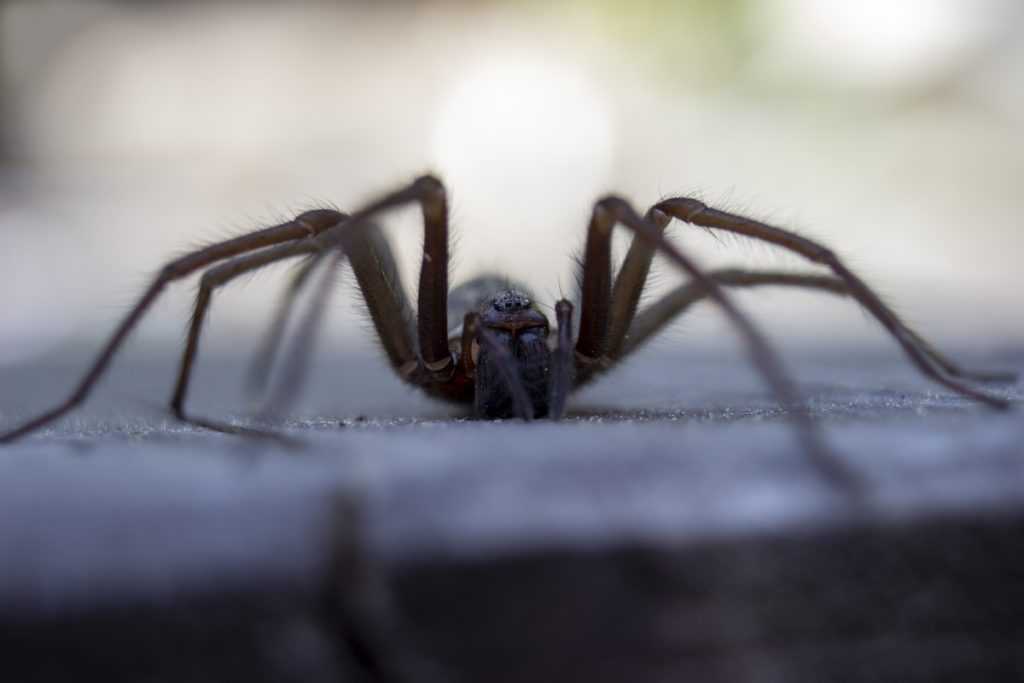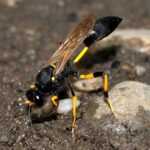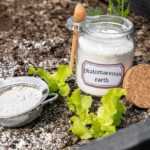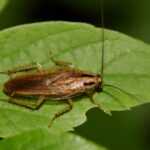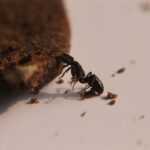While Washington State doesn’t have the same reputation for gigantic or deadly spiders as other parts of the country do, that doesn’t mean there aren’t quite a few spiders up here! Many people within the Puget Sound know August and September as “spider season.” During early fall, it seems like spiders are coming from everywhere, scurrying across floors, and making homeowners incredibly nervous.
Many of these spiders often appear quite similar, as you see them year after year. That’s true! There are quite a few common spiders in the pacific northwest. Let’s look at the five most common spiders in Washington State, and then look at what you can do to eliminate them!
Common Spiders in Washington State
Washington State is home to a diverse range of spider species, with some being more common than others. Among the most frequently encountered are the giant house spider, funnel weaver, yellow sac spider, and the infamous black widow. While the brown recluse is often mentioned, it does not actually live in Washington State. These spiders can be found in various environments, including homes, garages, basements, and outdoor areas with high humidity.
The giant house spider, for instance, is a familiar sight in many households, often spotted in dark, secluded areas like basements and garages. Despite their intimidating size, these spiders are harmless and play a beneficial role by keeping the population of other insects in check. On the other hand, the black widow, with its distinctive black body and red hourglass marking, is venomous and can pose a threat to humans, particularly young children.
Understanding the habitats and behaviors of these common spiders can help residents of Washington State coexist with these eight-legged creatures. While some spiders can be beneficial, helping to control the population of other insects, others can be venomous and require caution.
Giant House Spider
Found indoors primarily, the giant house spider (Eratigena atrica) is one of the most common spiders here in Washington State. These spiders can grow to be up to four inches long, and people frequently find them in garages and basements. While they may look spooky, these spiders are quite harmless and can be beneficial. They help control household pests like carpet beetles, keeping the population of other insects, like roaches, mosquitoes, and other bugs down. You’ll often see these spiders emerging towards the end of the summer when they are fully grown.
Hobo Spider
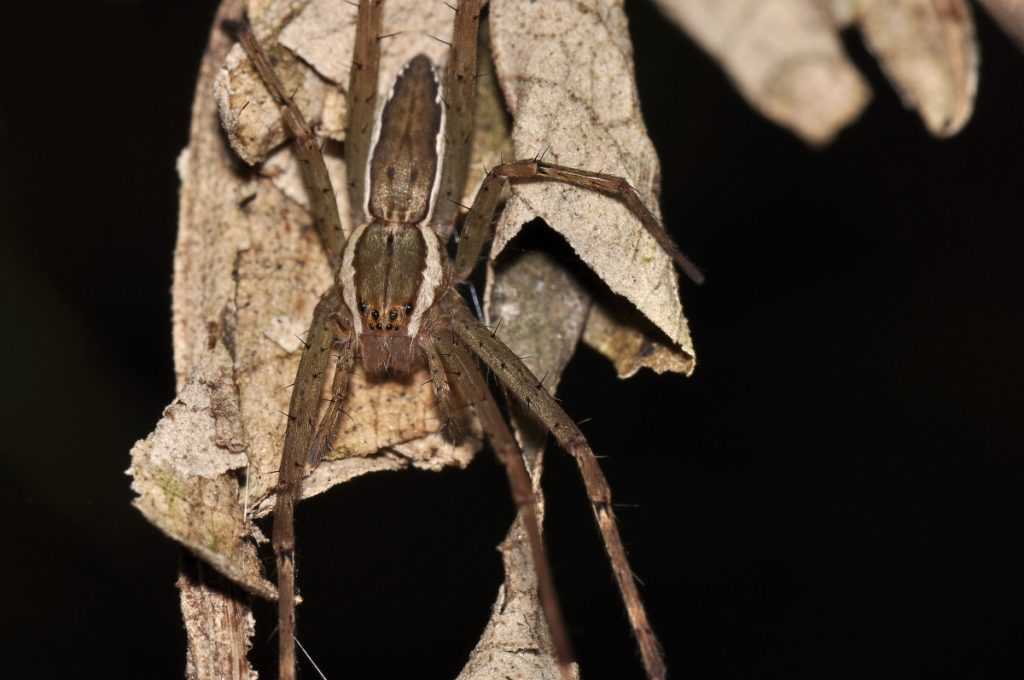
Giant house spiders are commonly found in homes and are known for their large size and fast movements. They are often mistaken for hobo spiders due to their similar appearance. However, giant house spiders are generally harmless to humans and can actually help control other pest populations in your home. Giant house spiders are often seen during their mating season in late summer.
Funnel Weaver
The funnel weaver (Tegenaria domestica) is another common spider in Washington State. Like the other spiders so far on this list, this one is mostly harmless. People often mistake it for the common house spider or the hobo spider. The only visual difference is that this spider has striped legs, whereas the other ones have solid colors on the legs. They’re brown in color and measure approximately 1-1.5 inches. The name comes from the distinctive funnel-shaped webs they weave..
Jumping Spiders
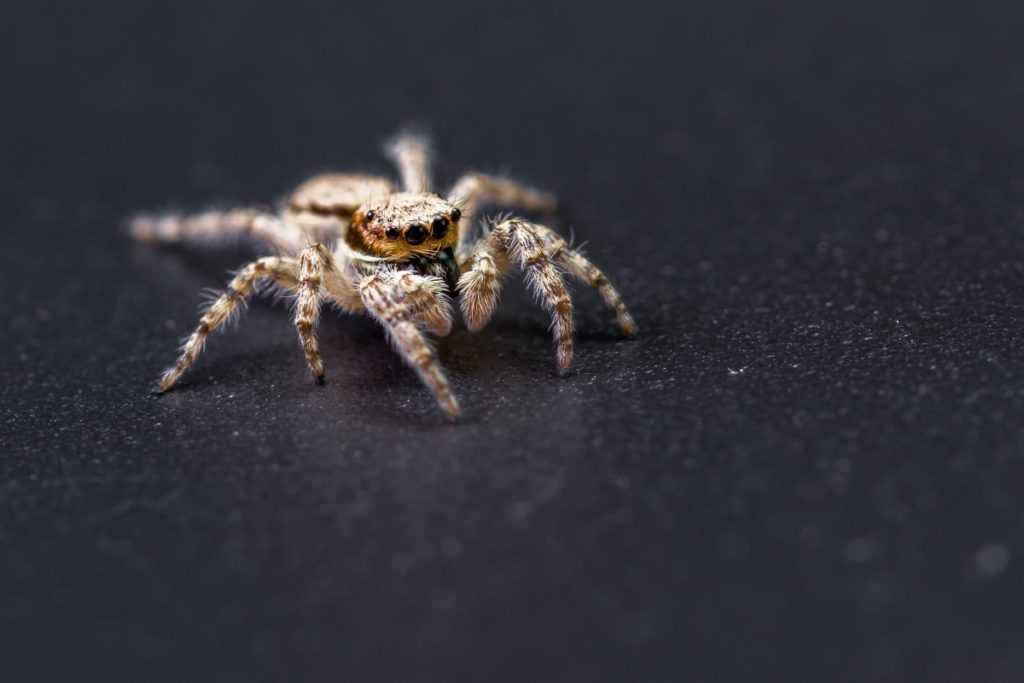
Yellow Sac Spider
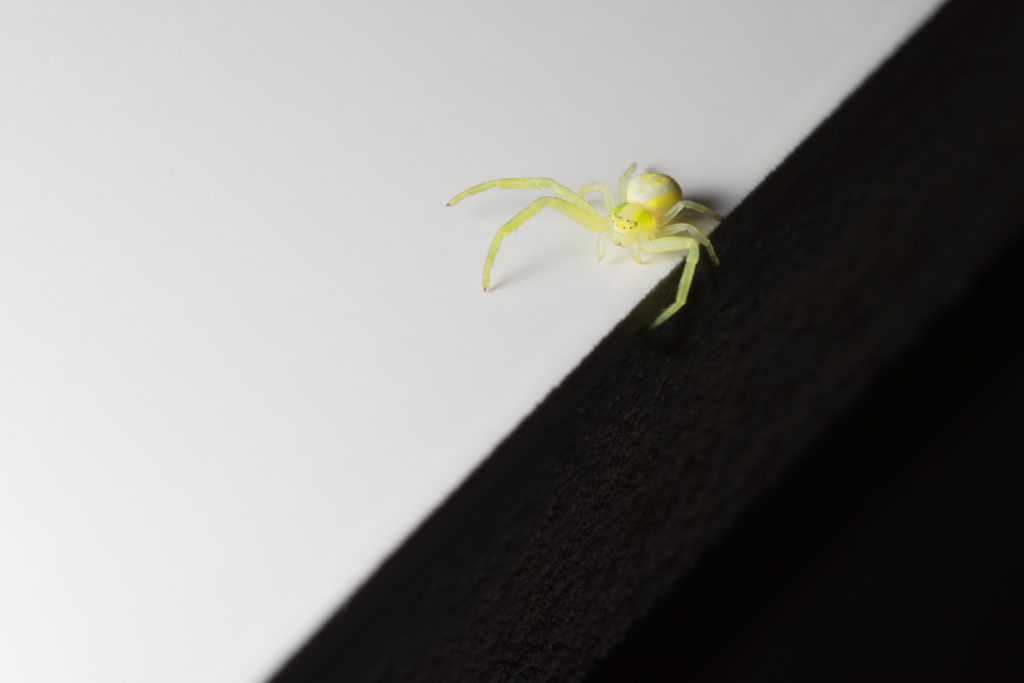
A sac spider bite will not kill you, but it will be excruciating. Many times, these spiders will be lurking in some part of your home, like your sheets or your laundry. Once you disturb them, they feel threatened and attempt to protect themselves by biting you. Again, if you’re bitten by one, it will hurt. However, it’s unlikely to cause any real damage.
Honorable Mention: Black Widow Spiders
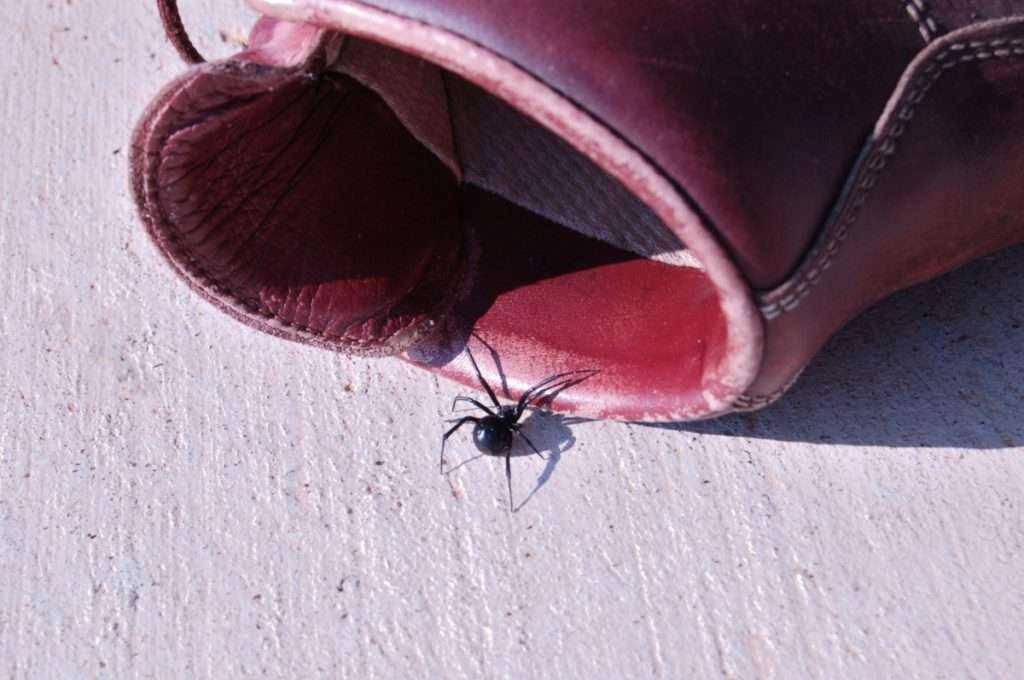
Despite the reputation, most of the time, black widow bites are not life-threatening. They hurt, but you will recover. Young children are the exception to this rule, however. In younger children,black widow bites can be fatal, so you should get them to the ER doctor right away if you suspect one of these spiders bit your child. You can identify black widows by their characteristic black appearance and the hourglass underside.
Brown Recluses Do Not Live In Washington
When people hear the term “black widow,” they often think of another venomous spider whose bite can be excruciating and can result in a medical emergency – the brown recluse. These spiders do not live in Washington State, so if you see a spider that looks like it (and since many spiders are brown, many of them do), you needn’t fear it’s a brown recluse.
Spider Season in Seattle
Seattle’s spider season typically occurs in the fall, with September being a peak month. During this time, outdoor spiders are at their largest and build bigger webs. The warm and wet weather in Seattle creates an ideal environment for spiders to thrive, allowing them to spin webs and hunt for prey. The spider population in Seattle is influenced by the region’s mild climate and abundant food sources.
Certain species of spiders, such as the hobo spider and the yellow sac spider, are common in the Seattle area and are attracted to the region’s mild winters and cool summers. As the weather cools down, these spiders often seek shelter indoors, leading to an increase in sightings within homes. This period, often referred to as Seattle’s spider season, can be unnerving for some, but it’s a natural part of the ecosystem.
Understanding the factors that contribute to the increase in spider activity during this time can help residents better prepare and manage their homes. Simple measures like sealing cracks and keeping areas clean can reduce the likelihood of spiders making their way indoors.
Getting Rid of These Most Common Spiders in Washington State
Much like other parts of the world, many spiders live amongst us here in Washington. Spiders eat various household pests, contributing to natural pest control. Fortunately, most of them are harmless. Some of them are beneficial in the sense that they keep the population of other insects down.
"*" indicates required fields
"*" indicates required fields
